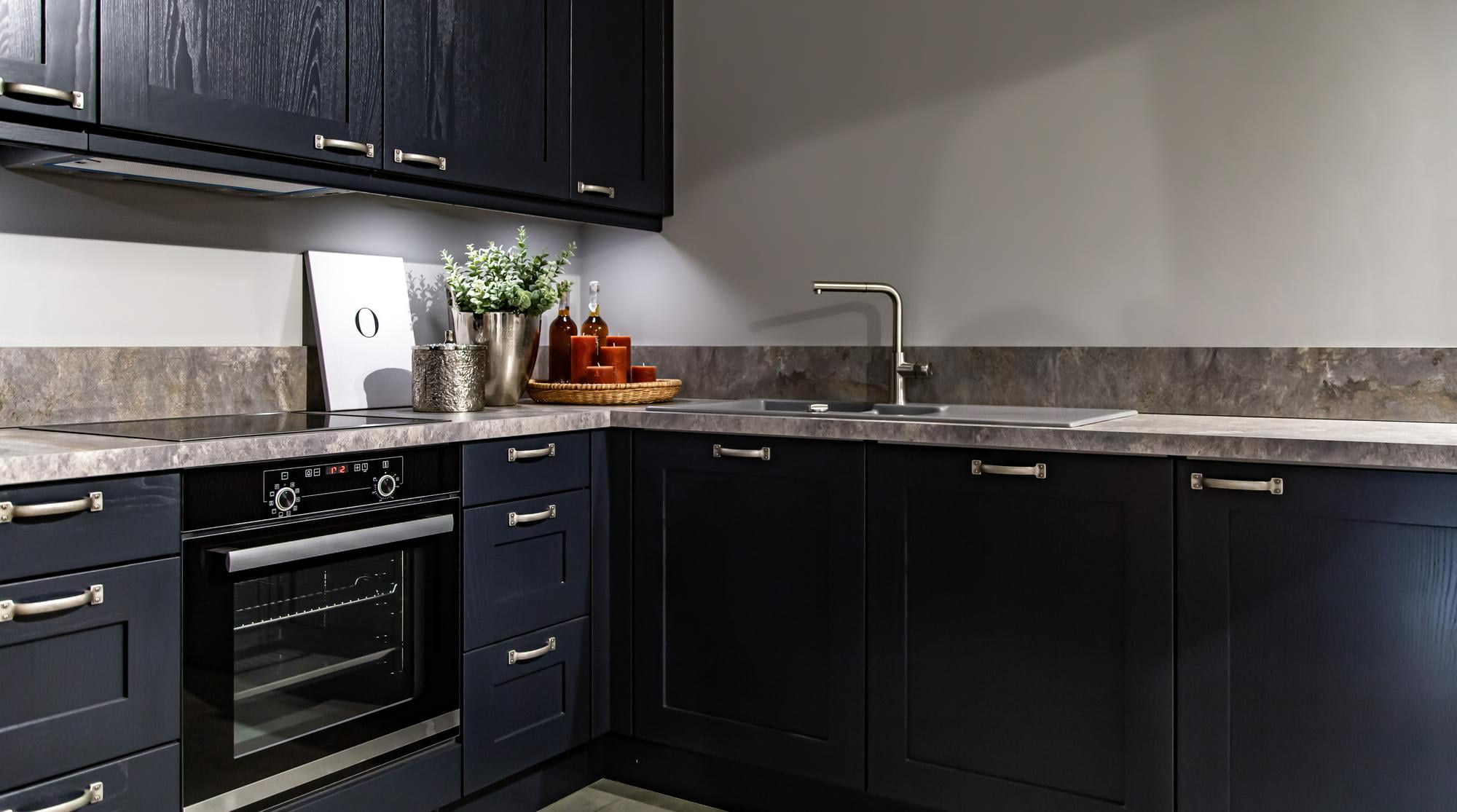
When building a new home, one of the areas that requires the most design planning is the kitchen. In the kitchen you need to decide on lighting, flooring, paint colors, and the kitchen countertop materials. You may not think that kitchen countertop materials can be a hard decision to make, but there are so many different options to choose from, each with their own benefits. Here are some of the most popular kitchen countertop materials on the market and pros and cons to consider for using each of them in your own.
